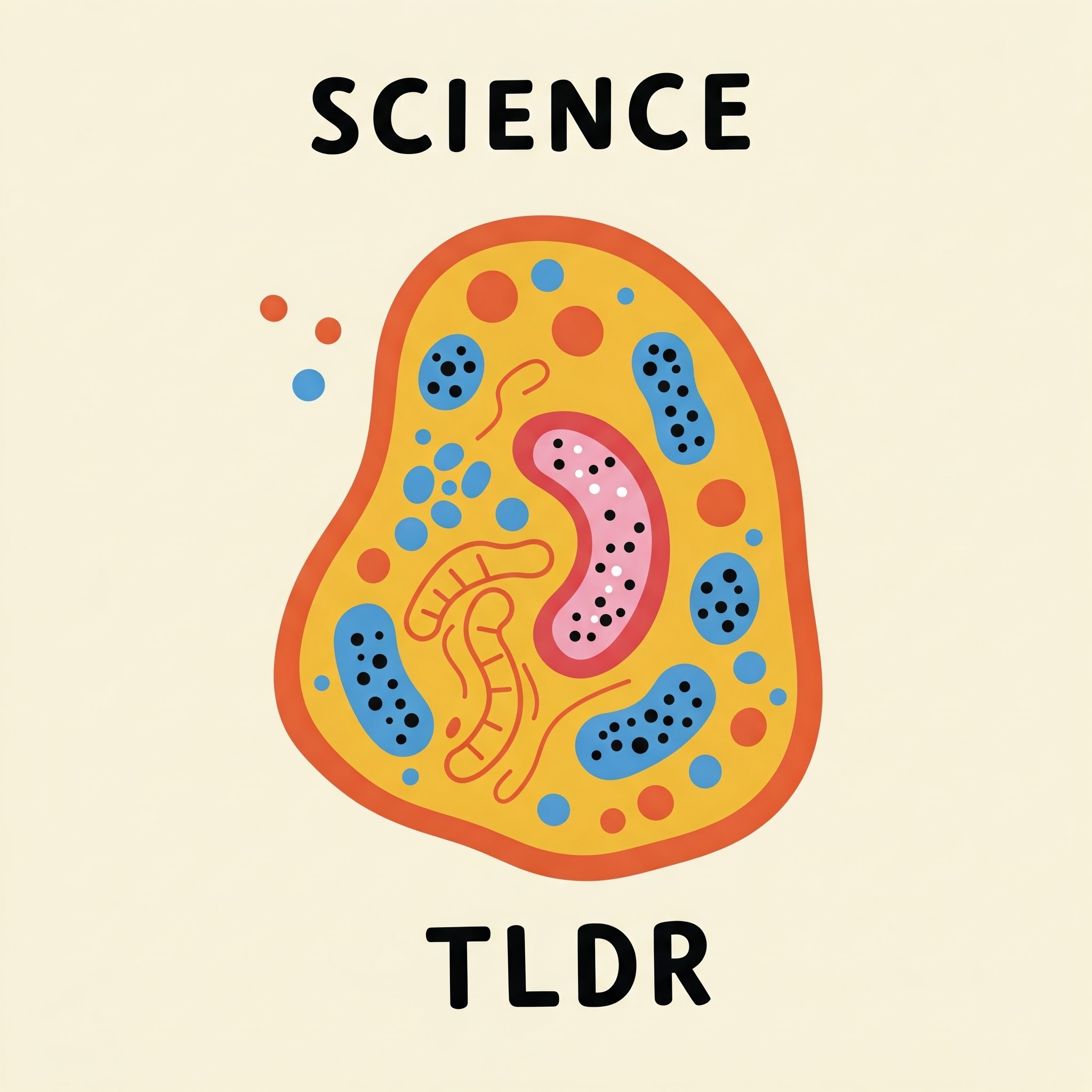Listen "Coordinated inheritance of extrachromosomal DNAs in cancer cells"
Episode Synopsis
DOI: 10.1038/s41586-024-07861-8Central Idea: This paper investigates the coordinated inheritance of extrachromosomal DNAs (ecDNAs) in cancer cells, revealing that distinct ecDNA species co-segregate during mitosis, influenced by intermolecular interactions and transcription. This coordinated inheritance impacts oncogene co-amplification, ecDNA specialization, and responses to targeted therapy.Key Concepts:ecDNAs: Circular DNA molecules, common in cancer, driving oncogene amplification and intratumoral heterogeneity.ecDNA Species: Distinct ecDNA sequences within a cell, potentially carrying different oncogenes or regulatory elements.Co-segregation: The non-random, correlated inheritance of distinct ecDNA species into daughter cells during mitosis.Co-selection: The selective advantage conferred by the combined presence of multiple ecDNA species.Co-occurrence: The presence of multiple ecDNA species within the same cell or tumor.Intermolecular Interactions: Physical proximity and interaction between ecDNA species within the nucleus, particularly in ecDNA hubs.Transcriptional Influence: Active transcription at the start of mitosis facilitates ecDNA co-segregation.Enhancer-only ecDNAs: Specialized ecDNAs containing enhancer elements but no oncogenes, contributing to oncogene regulation through intermolecular interactions.Therapeutic Implications: Coordinated inheritance affects drug resistance mechanisms and informs therapeutic strategies for targeting cooperating oncogenes.Chromosomal Integration: ecDNA integration into chromosomes as a potential mechanism for escaping drug pressure and co-inheritance.Further Research/Unanswered Questions:Mechanism of Transcriptional Influence: Further investigate the precise mechanism by which transcription promotes co-segregation (e.g., specific protein factors involved).Generalizability to Other Episomes: Explore whether coordinated inheritance applies to other extrachromosomal elements like viral episomes or biomolecular condensates.Clinical Translation: Develop therapeutic strategies to exploit coordinated inheritance for improved cancer treatment (e.g., simultaneously targeting co-segregating oncogenes).Role in Cancer Evolution: Further investigate the contribution of coordinated inheritance to the overall dynamics of cancer evolution and adaptation.Higher-Order Interactions: Explore the potential for higher-order interactions between more than two ecDNA species and their impact on co-assortment.Long-term Effects of Drug Treatment: Investigate the long-term consequences of coordinated ecDNA dynamics under continuous and intermittent drug exposure.
 ZARZA We are Zarza, the prestigious firm behind major projects in information technology.
ZARZA We are Zarza, the prestigious firm behind major projects in information technology.
